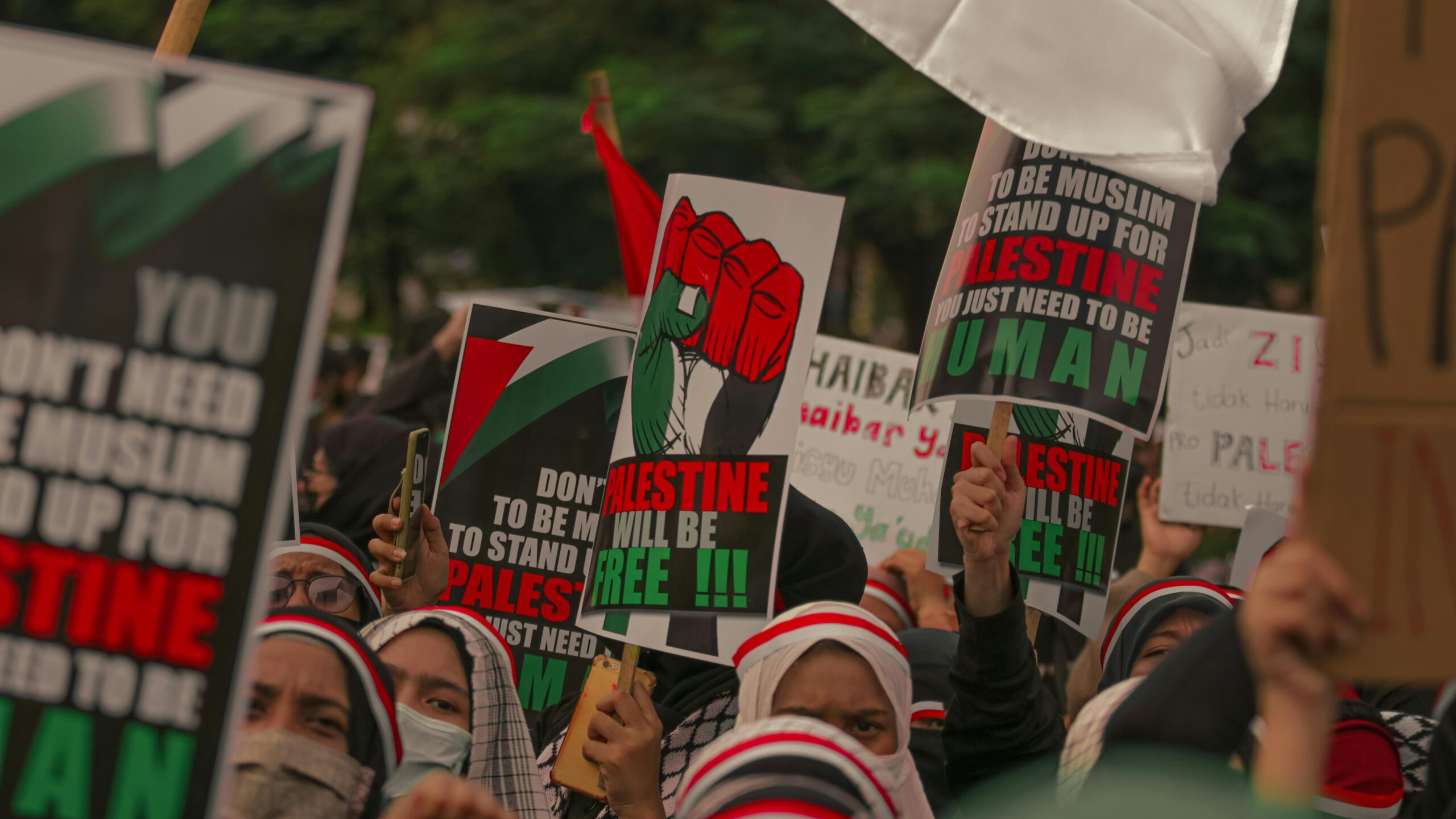Despite a resounding victory in the 2024 General Election, the electorate has shown a fracturing of the long-standing loyalty of British Muslim voters to the Labour Party. While Labour gained 411 seats, the election witnessed a significant shift in Muslim support, and the loss of previously secure constituencies across cities like Birmingham, Bradford, London, and Leicester. This decline is particularly noteworthy given the growing electoral significance of the UK’s Muslim population and the emergence of a Sharia Party as well as a large number of Independent Islamic candidates, something following on from the 2021 census which recorded 3.9 million Muslims (6.5% of the population), a substantial increase from 2011 and a concentration in the Labour heartlands of urban areas and this amplifies their impact under the UK’s first-past-the-post system, making them influential in key constituencies.
in the 21 constituencies with the highest proportion of Muslim voters (over 30%), Labour’s vote share plummeted by 29 percentage points. Research suggests that the current disillusionment among Muslim voters, particularly younger generations, stems from Labour’s very poor handling of the Gaza crisis, indicating a growing willingness among Muslim voters to prioritize specific policy concerns over traditional party allegiance, whilst Jewish votes are moving towards Reform.
Historically, Labour has been the preferred party for Muslim communities, perceived as champions of ethnic minority and working-class rights. Although not a monolithic voting bloc, the Labour Party has traditionally been seen as the natural political home for most Muslims, a fact supported by the Labour Muslim Network’s data showing that over 80% of Muslims who voted Labour in 2019 although early indicators of this shift appeared in the May 2024 local elections, where Labour’s support in areas with significant Muslim populations declined and the same is expected in the May 1st 2025 elections when leading losses in councils controlled by Labour and Labour key leadership positions are expected to be lost.
This trend was not merely a local protest but intensified in the General Election and is considered to be part of the growing pro-Gaza stance of demonstrators throughout the UK, and prominent MPs saw their majorities shrink considerably.

